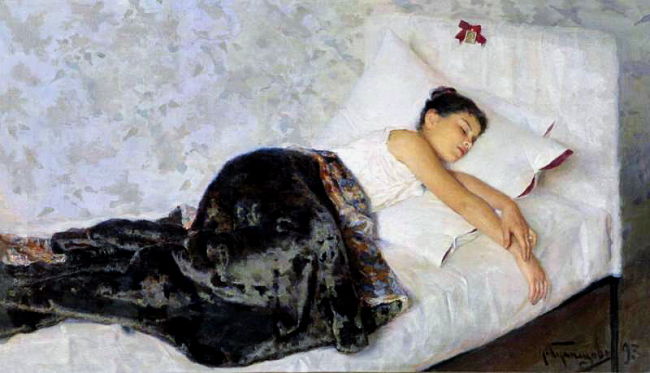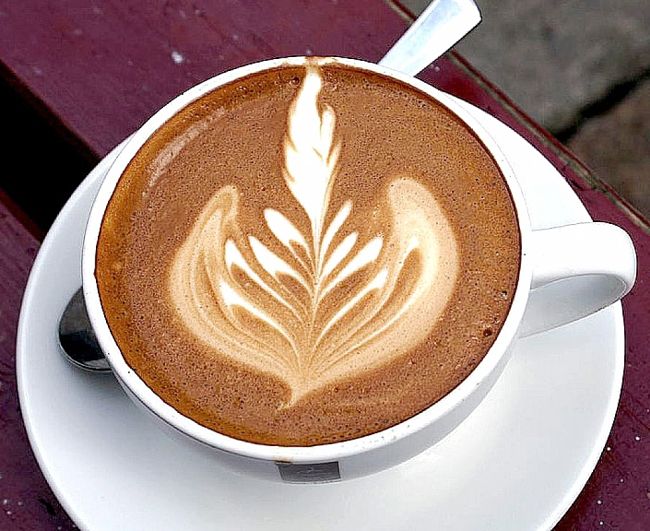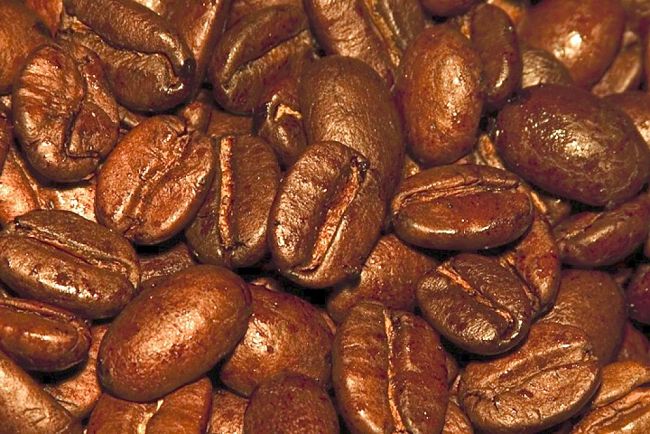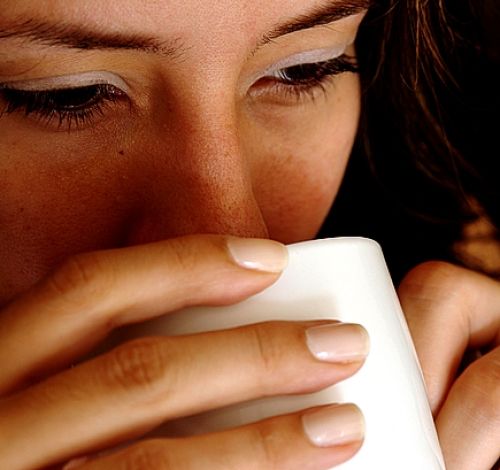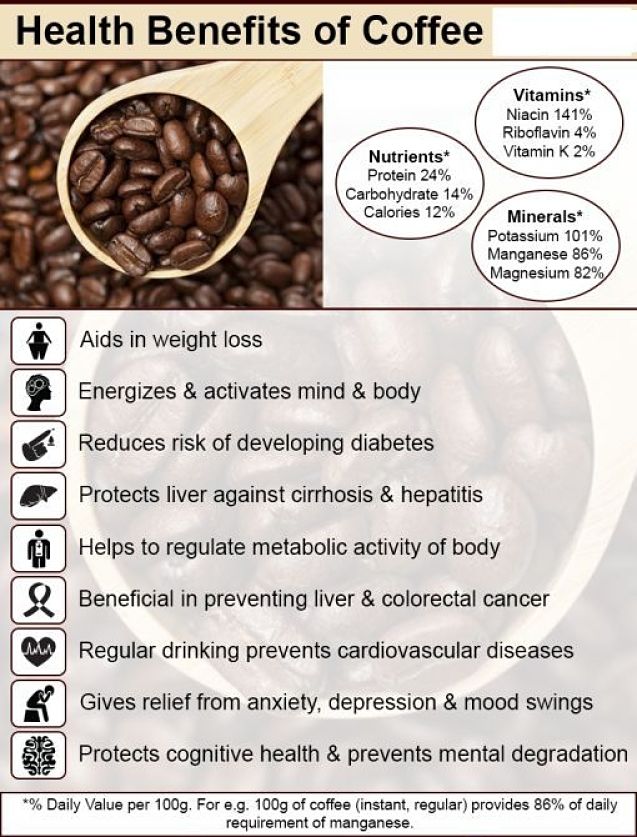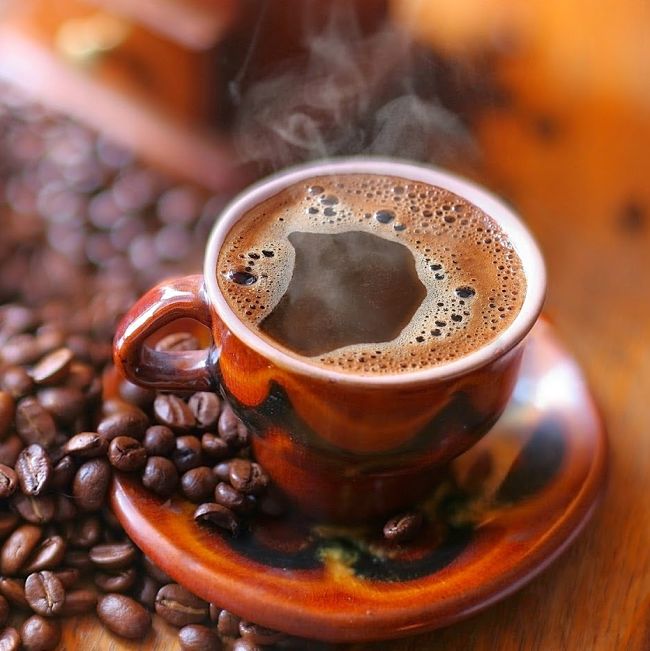Best and Worst Times to Drink Coffee According to Research Reviews
Have you ever wondered what is the best time to drink coffee to get the most benefit? Similarly is there a bad or worst time of the day to drink coffee?
Various health authorities recommend that people restrict the number of coffees consumed per day to a maximum of about 4 cups of brewed coffee (about 300 mg of caffeine).
So how do you get the most 'bang for your buck' so to speak?
This article reviews the latest research on the best and worst times during the day to drink your daily quota of coffee.
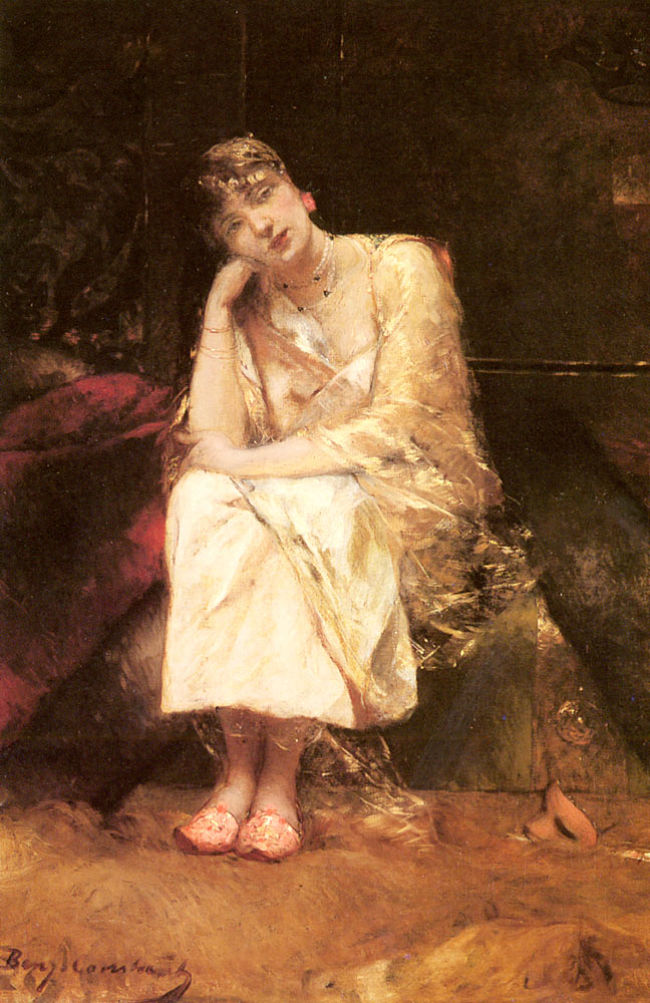
Link between Peak Time to Drink Coffee and Daily Biological Rhythms
One of the most significant biological rhythms throughout each 24 hours period is the circadian clock cycle. This is associated with the release of hormones that alters your behavior and physiology in various of ways that affects your mood and energy levels. The location of the biological clock in humans is the hypothalamus. This site controls:
► Your sleep-wake cycle,
► Energy level and feeding,
► Blood sugar levels
► Alertness via controlling the release and maintenance of the hormone cortisol (often called the “stress” hormone).
What is the Best Time to Drink Coffee?
The first suggestion for an optimum time for a caffeine hit is to link it with a lull time in the biological clock, when we expect our alertness and activity level to be low, and we could benefit from a boost.
It would be a waste to drink coffee when the body's natural stimulant, cortisol, is already high. Research has shown that cortisol peaks during your 24 hour cycle between 0800 and 0900 on average every day.
So that is not a good time.
Research has also shown that there are other peaks and troughs in cortisol levels:
► There is a short peak between 1200-1300 hours
► There is another peak between 1730-1830 hours (5.30pm to 6.30pm).
► There is a trough or flat point in cortisol levels in mid-morning between the 'breakfast' and 'lunch' peaks in the period from 0930-1130 hours.
► Other troughs occur in the early morning before 0800 hours, and in the mid-afternoon from 1400-1600 hours, before the post 5PM cortisol peak.
What is the Worst time to Drink Coffee?
Apart from the 'wastes' coinciding with the cortisol peak times mentioned above, the obvious need is to avoid coffee and caffeine affecting your sleep.
Consuming caffeine, even six hours before bedtime, can reduced sleep duration by more than one hour. Most people may be unaware they missed sleep, and may not attribute it to caffeine consumed so long before going to sleep.
Most people try not to have a coffee after 5 PM (1700 hours) to avoid sleep patterns.
Perhaps this abstinence period may need to be extended to 4 PM (1600 hours) or even 3 PM (1500 hours) to avoid caffeine induced loss of sleep.
The results of a recent study demonstrated that 300 mg of caffeine (about 1-2 cups of coffee) taken just before bedtime, or 3-6 hours prior to bedtime disrupted sleep patterns.
So, drinking a large cup of coffee after work or when you get home can mean you have an hour or more less sleep that night.
This study was the first to demonstrate an effect on sleep duration induced by caffeine rather than its accepted effect on getting to sleep and insomnia.
Related Articles
=> Benefits of Coffee and Caffeine for Team Sports and Gym Workouts
=> How Much Caffeine? Comparison Charts for Food, Coffee, Tea, Energy Drinks
=> Health Benefits Drinking Coffee and How Caffeine Lowers Risk of Depression
=> Homemade Iced Coffee Recipe Ideas and Options
=> Cappucino, Latte or Flat White - Which White Coffee Better for You?
=> Aussie Flat White Coffee Brew Marches Ever Onward to Conquer the World
=> Homemade Kahlua Recipes - How to Make Kahlua Coffee Liqueur Drinks
=> Excess Caffeine: Risks and Side Effects of Too Much Caffeine - Update
=> Q&A: Best Alternatives to Coffee - What to Drink Instead of Espresso?
=> Q&A: Is Coffee Good For You - Best Types and Health Facts for Coffee, Caffeine Benefits
